The meridians of TCM explained
Energy pathways of life energy
The acupuncture points are located on the meridians
Fascia research meets TCM
Meridians are not a specialty of TCM. Energy channels are also known in yoga, but there they are called "nadis". According to the yogis, prana is supposed to circulate on these. Like Qi, Prana can be called life energy, which fulfills all our bodily functions and much more. In my older videos, I have sometimes referred to the meridians as "fine wires" or cables, similar to a nervous system.
However, my perception of meridians has changed over time. The study of this subject, in the context of Western therapeutic methods and studies has shown me that one is not quite appropriate this image.
According to the latest research, the meridian courses can be found in the fasciae of the body. Fascia is the term used to describe the connective tissue of the body, which envelops organs and muscles and provides stability and at the same time flexibility in the body. Thus, meridians do not have a structure of their own, as a "wire" would have. Rather, they are changes within the fascia structure along defined lines of tension and force.
Meridians - the invisible network
Meridians are connections of organs with each other and with other body structures. They connect the outside of the body with the inside and they regulate the entire body functions. Even on the psyche they have an influence that should not be underestimated. This can be positive or negative. If the Qi flows freely through the meridians, we are psychologically balanced, stable and resilient. If there are disturbances in this flow, we feel unwell and can expect the occurrence of various emotional problems. This does not necessarily have to be a mental illness in the classical sense. Although this is of course also possible. But also feelings like stress, restlessness, irritability, anxiety, powerlessness, sadness, worry, shame, anger and depression can be traced back to a dysbalance in our energy system.
Each meridian is assigned to a functional circuit. These functional circuits are also called elements. There are 5 elements and therefore 5 functional circuits. These are Water, wood, fire, earth and metal.
The assignment of the meridians to the individual elements looks as follows:
- Fire: Heart and small intestine meridian,
Circulation and 3-fold warming meridian
- Earth: Stomach and spleen meridian
- Metal: Lung and colon meridian
- Water: Kidney and bladder meridian
- Wood: Liver and gallbladder meridian
Blocked qi leads to disease
If there are blockages of energy on the meridians, the body first reacts with symptoms or mild discomfort, later it can develop into more or less serious diseases.
Meridians are a widely branched system of channels and areas that run through the entire body. There are 12 main meridians and additionally 8 special meridians. The 12 main meridians are the most important elements of the meridian system. They run along the axis of the body, from top to bottom and vice versa. The meridians run along the surface of the skin and inside the body. Therefore, the meridians are the connection between "inside" and "outside". On the meridians, in turn, are the famous acupuncture points. These are pricked with a needle during acupuncture. There are 365 classical acupuncture points. So exactly as many as a year has days - that's easy to remember!
How can we now compensate for disturbances of the meridians?
If the energy can flow freely through the channels, the person is healthy. However, if congestion or blockages occur, first dysfunctions, then diseases appear, I have already mentioned this. I repeat this here again to emphasize the importance of this statement. The only task of TCM is to rebalance such blockages and imbalances. No more and no less! To achieve this, one uses the 5 pillars of Traditional Chinese Medicine.
- Acupuncture
- Herbal therapy
- Tuina, acupressure
- Qi Gong
- 5 elements diet
Each meridian is associated with a specific organ, a psychological aspect and a physical problem. Therefore, we can work very specifically on diseases and emotional issues via the meridians. Ideally, we already ensure through preventive measures that congestion and thus complaints do not arise in the first place.
Touch the emptiness in your life and flowers will bloom there.
Main meridians and their most frequent dysfunctions
-
Kidney meridian "root of all life
Principle: Yin, 27 meridian points
Symptoms of dysfunction:- Exhaustion & Weakness
- Hormonal imbalances
- Infertility
- Listlessness
- Low self-confidence
- Hot or cold feet
- Anxiety
- Pessimism
-
Bladder meridian "organizer of life
Principle: Yang, 67 meridian points
Symptoms of dysfunction:- Bladder weakness
- Hand rank disturbances
- Headache
- Back pain
- Lack of concentration
- Nervousness
- Anxiety
-
Liver meridian "The visionary
Principle: Yin, 14 meridian points
Symptoms of dysfunction:- Menstrual problems
- Prostate diseases
- Stiffness throughout the body
- Neck tension
- Aggressiveness & irritability
- Shyness
-
Gallbladder meridian "The decision maker
Principle: Yang, 44 meridian points
Symptoms of dysfunction:- Metabolic problems
- Gallstones & Colic
- Jaw problems
- Gum problems
- Rage, anger hate
- Often negative emotions
-
Heart meridian "The Consciousness
Principle: Yin, 9 meridian points
Symptoms of dysfunction:- Heart problems
- Dizziness
- Shoulder and chest pain
- Blood pressure fluctuations
- Night sweats
- Nervousness & restlessness
- Weakness of will
-
Small intestine meridian "Clarity
Principle: Yang, 19 meridian points
Symptoms of dysfunction:- Problems in the shoulder and arm area
- Digestive disorders
- Ear diseases &Tinnitus
- Sensitivity & Hypersensitivity
-
pericardium meridian "The Bodyguard
Principle: Yin, 9 meridian points
Symptoms of dysfunction:- Heart problems
- High blood pressure
- Sexual disorders
- Circulation problems
- Restlessness
- Overexcitability
- Manic moods
-
Triple Heater Meridian "The Manager
Principle: Yang, 23 meridian points
Symptoms of dysfunction:- Abdominal pain
- Thyroid problems
- Tinnitus
- Hormonal problems
- Weather sensitivity
- Myomas and cysts
- Exhaustion
- Delimitation problems
-
Spleen meridian "energy supplier
Principle: Yin, 21 meridian points
Symptoms of dysfunction:- Digestive problems
- Flatulence
- Leg edema
- Varicose veins
- Hormonal problems
- Menstrual irregularities
- Weak connective tissue
- Fatigue & Feelings of weakness
- Exhaustion states
-
Stomach meridian "Digestion
Principle: Yang, 45 meridian points
Symptoms of dysfunction:- Digestive problems
- Allergies
- Sore throat
- Teeth grinding
- Fatigue
- Exhaustion
- Neuroses
-
Lung meridian "New up and accept"
Principle: Yin, 11 meridian points
Symptoms of dysfunction:- Breathing problems
- Shortness of breath
- Weak immune system
- Lung diseases
- Insomnia
- Self-pity
-
Large Intestine Meridian "Old Letting Go
Principle: Yang, 20 meridian points
Symptoms of dysfunction:- Intestinal and digestive problems
- Bad breath
- Migraine
- Menstrual problems
- Allergies
- Frequent colds
- Low back pain
- Not being able to let go
This list of the dysfunctions of the individual meridians does not claim to be complete. It is only meant to list the most important symptoms to give you a feeling where an imbalance in your energy balance could be. If you are interested in this topic, I recommend a few more books, which I find very helpful.
However, if you want to get beyond an intellectual understanding of this matter, please try MeridianYoga or Qi Gong out. In both cases you will develop a feeling for the meridians and, with some practice, even a feeling for the Qi, your inherent life energy. Your health, but also your well-being, will benefit incredibly and quite effortlessly and naturally.
On this way I wish you much joy, energy and insights!
Sincerely yours
Wolfgang
My book recommendations:
I recommend the following books to delve into the subject of TCM in general:
1.) "Self-Healing with the 5 Elements" by Jason Elias and Katherine Ketcham.
2.) "Qi Gong" Basics, Methods, Application by Kenneth Cohen
3) "The healing Tao" The teaching of the 5 elements. Basic knowledge for Shiatsu and Acupuncture by Achim Eckert.
4.) "The Big Book of Chinese Medicine" by Ted Kaptchuk
5.) "The Healing of the Middle" by Georg Weidinger
6.) "The Golden Middle Way: Understanding Diseases with Western and Chinese Medicine" by Georg Weidinger.
Our most popular blog posts
Learn Qi Gong easily online with our popular courses
Back pain
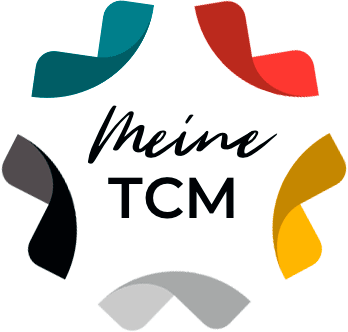








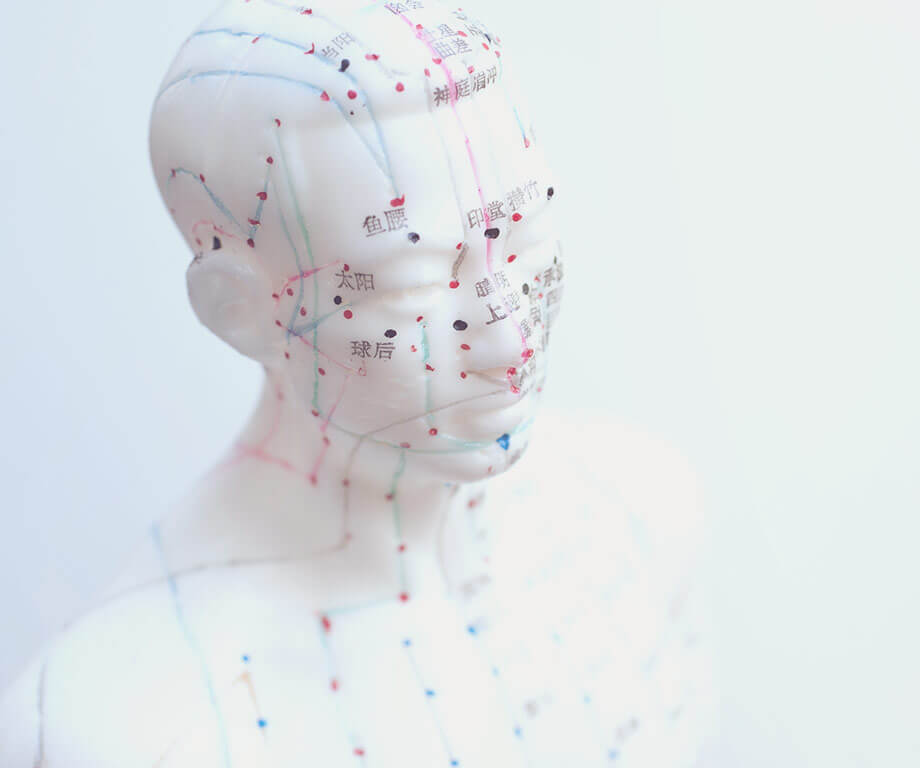
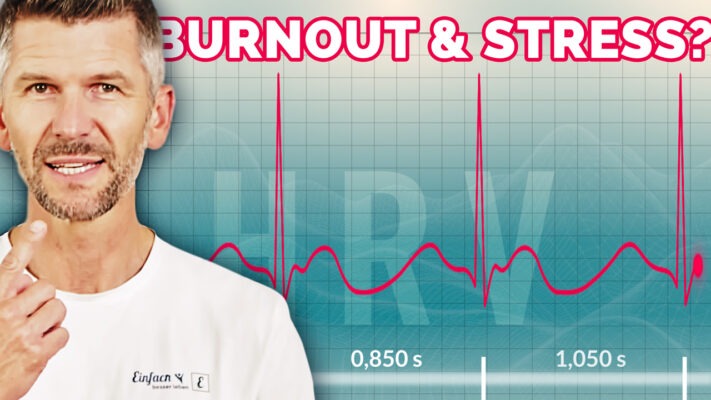



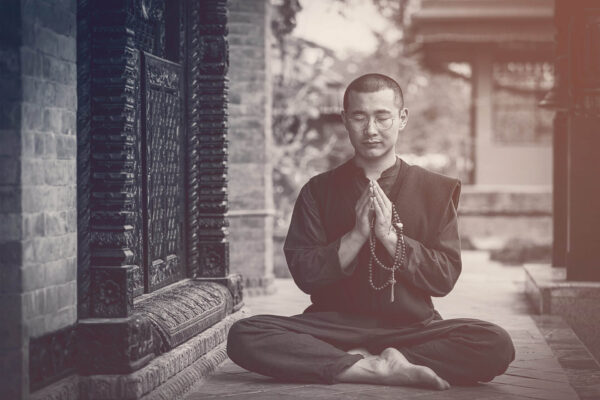


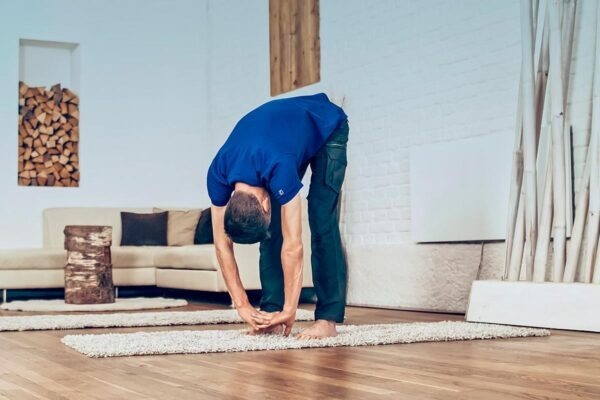
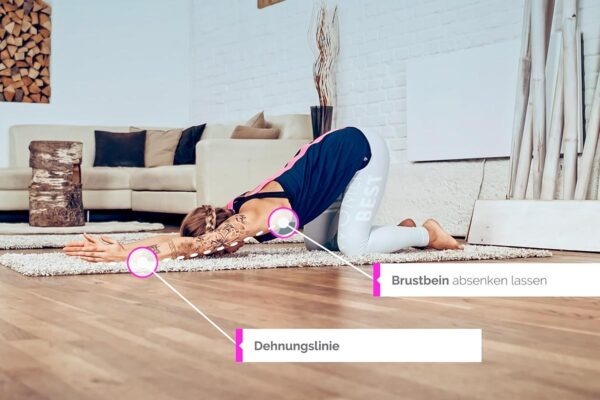

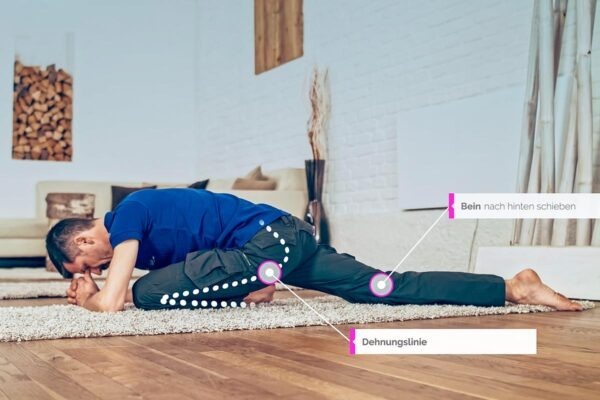

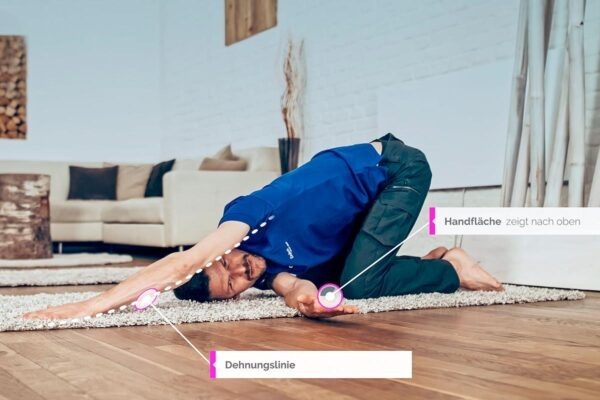
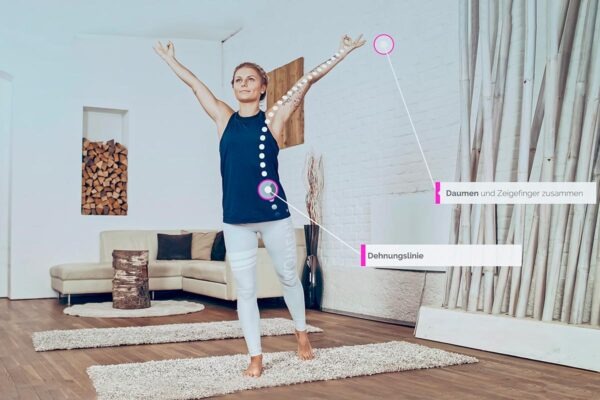
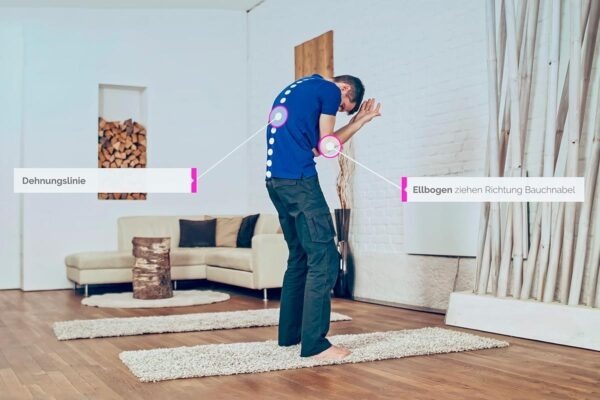
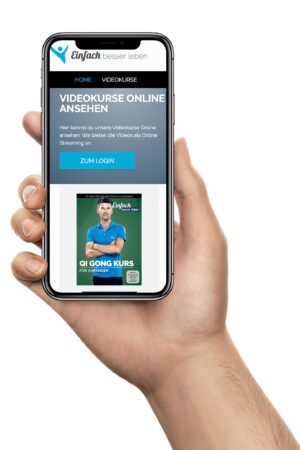

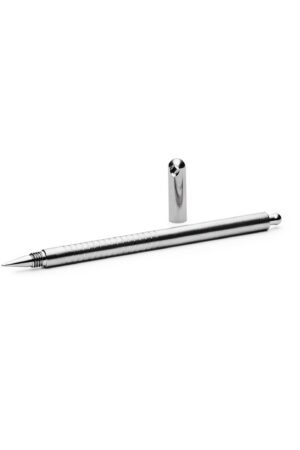
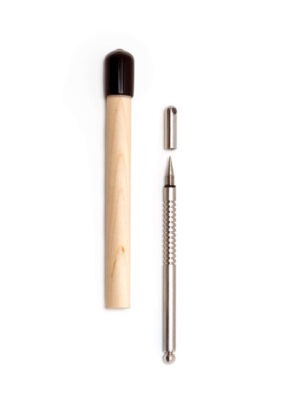

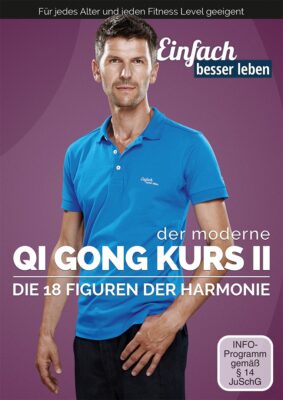
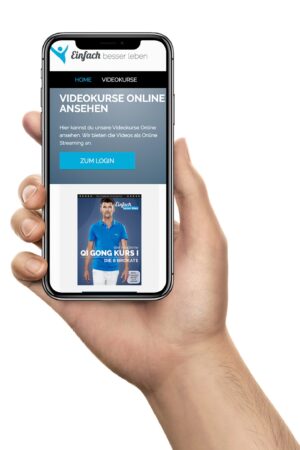
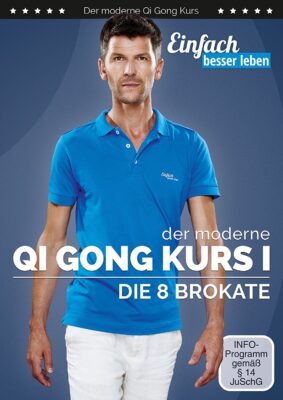
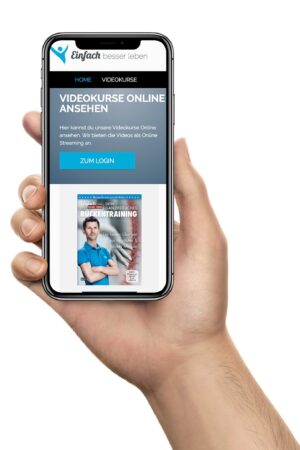


Hello, your contributions are like a beacon of knowledge. Please keep up the good work! Kind regards
Dear Wolfgang, I subscribed to your channel and your videos are great and easy to follow for everyone. I do QiGong every day (8 brocades and neck exercises) and it does me really good. My tensions are practically gone, my tinnitus is better and I hope that I now also get my decades-long chronic migraine under control. Now I also want to look into TCM and will get a book recommended by you. Thank you for sharing your immense knowledge with us. LG Evi Scheier
Dear Evi,
thank you so much for your wonderful message! It is always a huge pleasure to hear that the content of our channel is not only used, but also has a positive impact on the well-being and health of our viewers.
Your daily practice of QiGong and the successes you have already achieved with it are really impressive and inspiring! Especially that you could notice improvements with your tensions and your tinnitus is great. I'm keeping my fingers crossed that your migraines will also improve step by step and you'll find strategies to bring relief to your head.
I find it remarkable that you have now also found your way to Traditional Chinese Medicine (TCM). It can be an incredible enrichment and support when it comes to increasing your own well-being and meeting health challenges.
If you have any questions about the book or TCM in general, I am of course at your disposal. I wish you much joy and exciting insights as you dive into the world of TCM and continue to discover new ways to health and balance.
Thank you also for your support, subscribing to our channel and your great feedback. It's my passion to share my knowledge and experiences and it's wonderful to know that they help other people like you.
All the best as you move forward, and please don't hesitate to reach out with any questions or suggestions!
With warm regards,
Wolfgang
Dear Wolfgang,
I now own this beautiful acupen and have also used it diligently.
I have a big request for you, maybe you can help me.
I have been suffering from residual leg syndrome for about 30 years and am treated with Sifrol Retard tablets 0;52mg.
My question: Which acupressure points should I prefer for RLS?
If you have experience with RLS or have an idea about it I would be very grateful if you could share it with me.
Very dear greetings
Hiltrud
Hello Hiltrud. Please look for the following acupuncture points in the video library and treat them 1 to 2 times a day:
Le03
Gb34
Le08
MP09
Ma37
Ma41
GB31
Good luck with it!
Love greetings
Wolfgang
This site is so great!!! Thank you so much for your work, and that you share your knowledge with us in such a clear and descriptive way!
Hello Nina. Thank you very much for your nice comment! All love Wolfgang